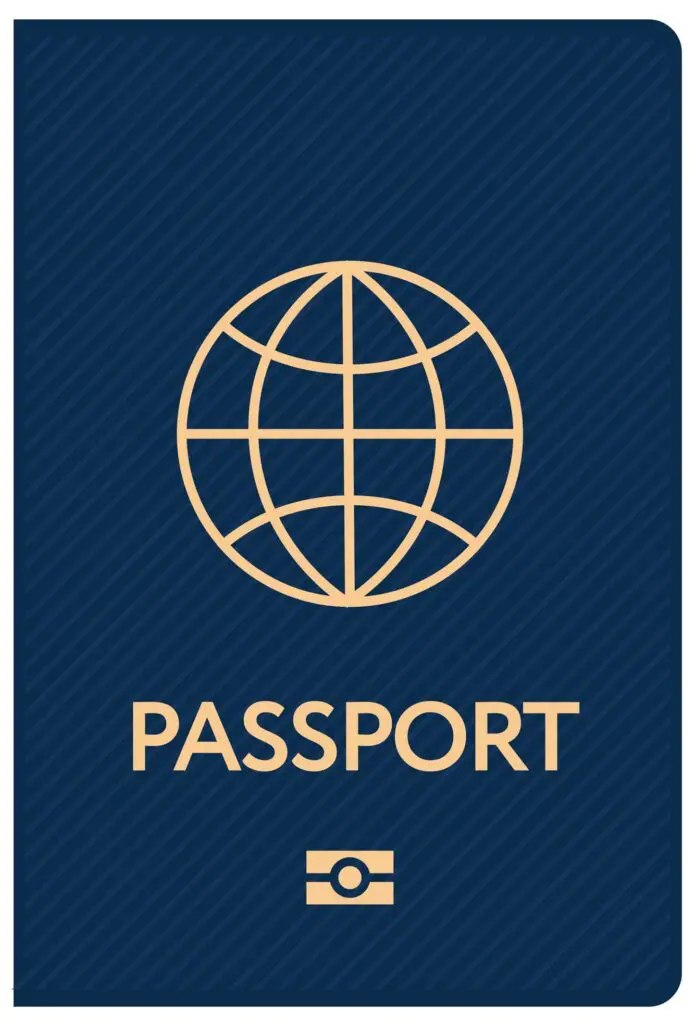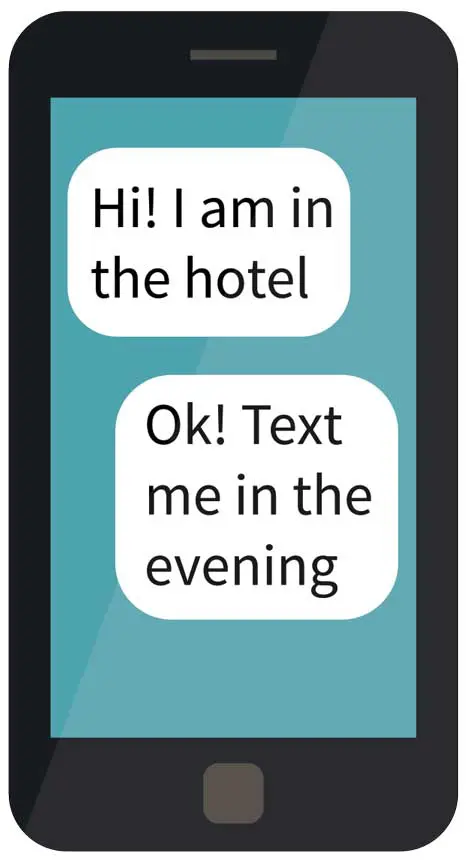Safety: The Most Important Item to Bring With You
By MS. SOFIA SCHATZ, STAFF WRITER
Traveling to various parts of the world can be an exciting experience. There are so many places to explore and create memories. It is important, however, to keep safety in mind and not let your guard down. Traveling may be an adventure, but it is wise to have safeguards in place. There are many ways that you can travel safely and still have a good time. A savvy traveler is a safe traveler and knows how to navigate their surroundings.

CHOOSE THE RIGHT CLOTHING
You may have heard that it is good to pack light, but it is also important to pack right. Pay attention to what people are wearing in the country or region where you are planning to travel. This research will help you to get an idea of what you should wear while traveling. Tourists are easy targets for crime-related incidents, and fitting in with people who are local to the area you are visiting will lower your risk of being the victim of a crime.

MAKE A COPY OF YOUR PASSPORT
Copying your passport is a wise idea just in case you lose your original passport. It is even better to make more than one copy of your passport and store it in a different spot, just in case you lose the first copied version of your passport. It may sound overly cautious, but having your passport is essential, and losing it can have dire consequences, including not being able to return home.

KEEP PEOPLE UPDATED
If you decide to travel somewhere alone, or even if you will be with another person, make sure to contact at least one person you trust and tell them your plans and where you are traveling. This precaution is a must because someone will know to contact the authorities and tell them where you are if you go missing. At the very least, knowing your itinerary may comfort your loved ones.

AVOID PUBLIC WI-FI
When you are traveling and you need Wi-Fi, try connecting to a private Wi-Fi service. Connecting to public Wi-Fi makes you a target for someone who can hack into your personal information with bad intentions. Be aware of what Wi-Fi to use, and consider setting up a virtual private network in advance.

ASSESS YOUR HOTEL ROOM
You may think that the hotel you are staying in is safe, but you may want to think again. Travelers could be at risk for break-ins or harm. Before settling down in your room, look around to ensure there are not any cameras or suspicious items. Then, if you are leaving the hotel to explore, leave on some of the lights to make it look like you are still in the hotel room. Lastly, do not let strangers into your room. If they say they work in the hotel, check with the staff to make sure.

KNOW YOUR BASIC SELF-DEFENSE
Everyone who travels should know some basic self-defense skills. This precaution is essential because someone could catch you off guard and try to abduct, rob, or harm you. You may be able to outpower one other person, but tourists are often attacked by more than one person, so bringing all you can to an assault could be lifesaving. Taking a self-defense class before your trip can prepare you just in case something happens.

KEEP YOUR BANK UPDATED
Before going on a trip, contact your bank and tell them you are going out of the country. This safeguard is essential because, if your bank is unaware you are on a trip, they may mistake you as a thief due to an unusual purchase, which can create inconveniences and other problems. Taking a few minutes to notify your bank will help to make your trip stress free.

HAVE EMERGENCY CASH
It is not a bad idea to always have emergency cash with you everywhere you go—just in case something unexpected happens. There are ways to hide your money, such as rolling it up in an empty lip balm tube, under your hairbrush, or in a secret clothing pocket. Having a money belt can also be a sure way of keeping your cash close.

DO NOT GET LOST IN TRANSLATION
Every place you visit will not have the same language and gestures you are used to in your culture. When traveling, do some research on the place you are visiting because there will be differences from where you are from originally. For example, giving someone a thumbs-up is considered offensive in the Middle East but widely accepted as a positive gesture in other countries.1
Language barriers can be avoided by brushing up on the language and gestures of the region you are visiting, having a translation app on hand, and being patient in your communication. Do your homework so you do not mistakenly insult someone or get yourself in trouble.

BE SMARTER THAN THE TRAVEL SCAMMERS
Many travel scams are pretty obvious, but there are times you can come across a scam that is quite clever and can trick you into giving money.
Educating yourself on how to identify a scam will help you not fall into being tricked by scammers.
The bottom line is that traveling is mostly a safe experience, but it is also important to keep in mind that sometimes, no matter how cautious you are, things can still happen. Although traveling may be a risk worth taking, make sure you reduce the risks through preparation.
1 https://www.businessinsider.com/hand-gestures-offensive-different-countries-2018-6

